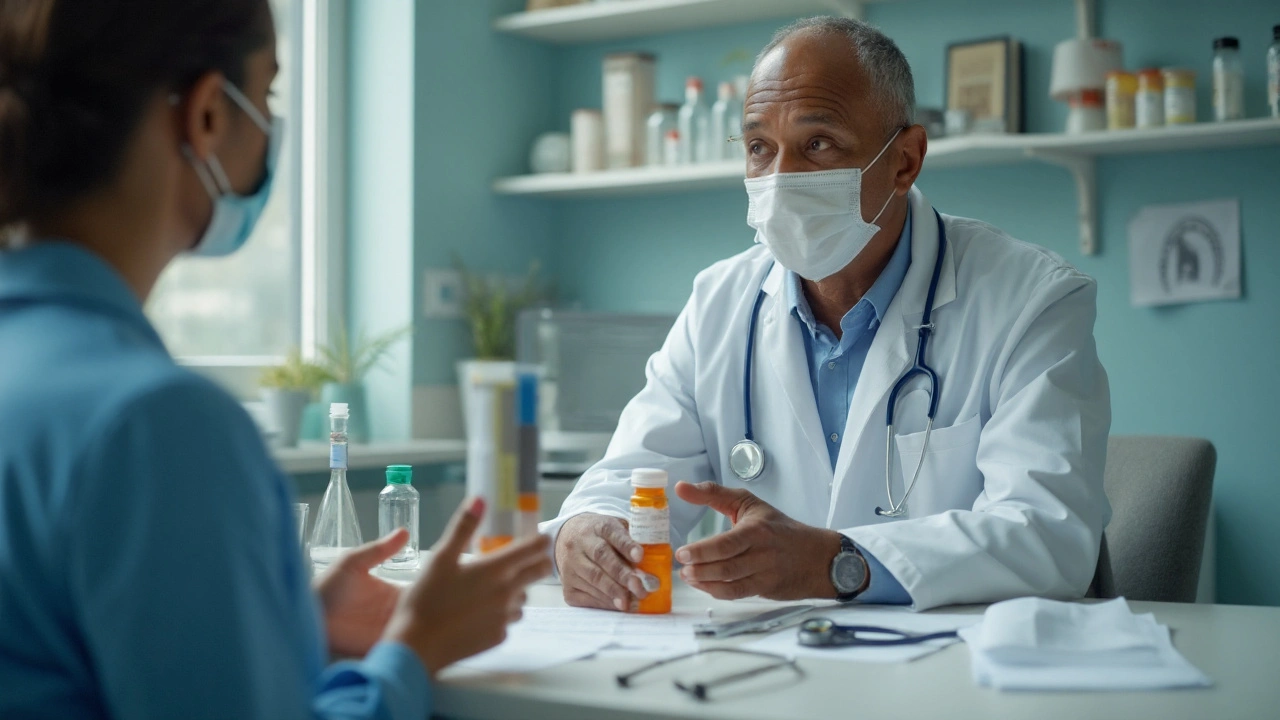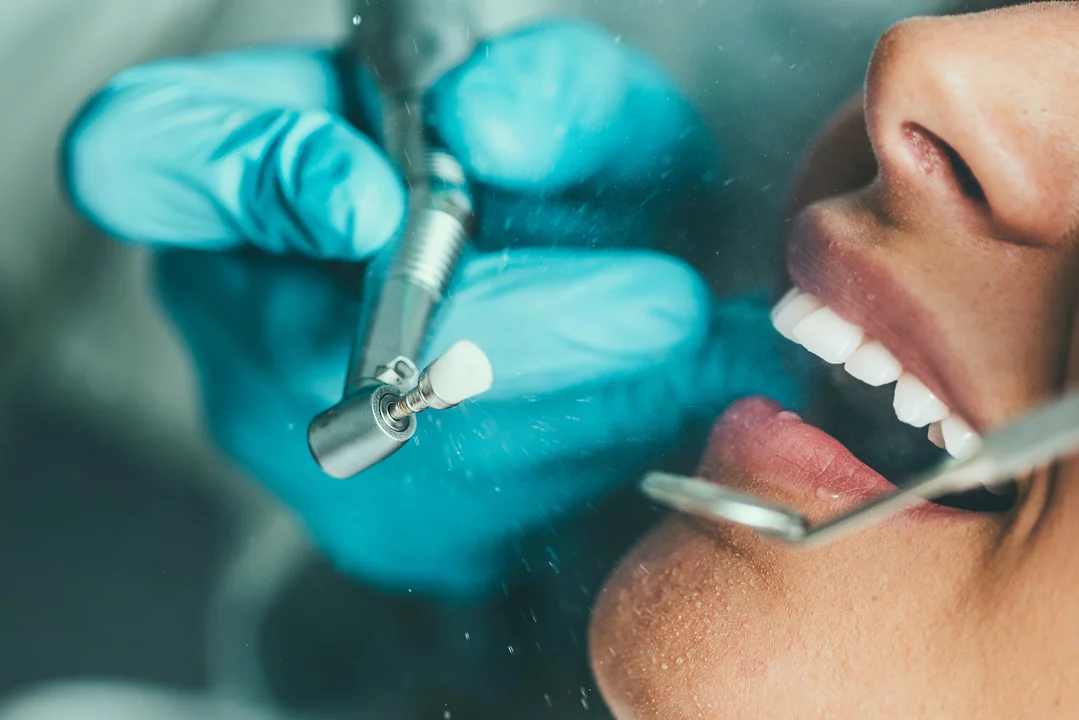Prophylaxis: Practical Steps to Prevent Illness
You can stop many illnesses before they start. Prophylaxis means taking steps to prevent disease rather than waiting to treat it. That can be a vaccine, a short course of medicine, a change in habits, or a medical procedure timed to reduce risk.
Vaccines are the most common form of prophylaxis. A vaccine trains your immune system to recognise a germ so you either don’t get sick or the illness is much milder. Keep routine shots up to date, get seasonal flu and COVID boosters if recommended, and ask your doctor about travel vaccines for places you’ll visit.
Medicines used as prophylaxis work in different ways. For example, pre-exposure prophylaxis (PrEP) cuts the risk of getting HIV for people who are exposed. Antimalarial pills lower the chance of malaria during travel. Some patients take low-dose antibiotics around surgery or dental work to prevent infection. Each drug has rules: timing, dose, and how long you must take it.
Lifestyle changes are simple, low-risk prophylaxis. Hand washing, using condoms, avoiding smoking, good sleep and a balanced diet all reduce chances of infection and chronic disease. For many conditions, these habits add up to big protection without medication.
How do you choose the right prophylaxis? Start by thinking about your risk. Are you traveling, having surgery, pregnant, or living with someone who is ill? Talk to a healthcare professional who knows your history. They’ll weigh benefits and risks, consider allergies and interactions, and recommend the safest option.
Follow the plan exactly. Missing doses, stopping early, or doubling doses can reduce effectiveness or cause harm. If your medication causes side effects, call your provider rather than guessing. For vaccines, get records and reminders so you don’t miss boosters or follow-ups.
Be careful with antibiotics. Using them when not needed fuels antibiotic resistance and can harm your gut. Only take preventive antibiotics when a clinician prescribes them for a clear reason. The same caution applies to over-the-counter supplements promised to “boost immunity”—many lack proof and can interact with meds.
Know when prophylaxis failed or when to seek help. If you develop symptoms despite prevention — fever after travel, unusual pain after surgery, or a rash after a vaccine — contact your provider. Immediate care can stop complications.
Common Myths
Myth: supplements replace vaccines or medicines. Fact: most supplements don’t prevent infections. Myth: if a drug works for others, it will work for you. Fact: personal factors and testing matter. Ask a clinician before changing prevention plans.
Where to Learn More
Your local clinic, CDC travel pages, and WHO offer practical, up-to-date prophylaxis guidance. Bring a list of medications, allergies, and planned travel dates to appointments so the clinician can tailor recommendations to your situation and budget.
Quick checklist: identify your risk, ask a clinician about proven prophylaxis, follow timing and dosing, watch for side effects, and keep records. Prevention isn’t zero risk, but smart, evidence-based steps protect you and those around you. Want help deciding what’s right for you? Speak with a healthcare professional who understands both the medical data and your life.
Itraconazole for Fungal Infections in Immunocompromised Patients: Efficacy, Safety, and Practical Use

What itraconazole can and can’t do in people with weak immune systems: when it helps, when it doesn’t, how to use it safely, and what to monitor.
- August 24 2025
- Tony Newman
- 15 Comments
Prophylaxis and Dental Emergencies: How Preventive Care Can Save Your Teeth

As a blogger, I've discovered the importance of prophylaxis and preventive dental care in avoiding dental emergencies. Regular cleanings and checkups can help identify potential issues before they become serious problems. By practicing good oral hygiene, such as brushing and flossing daily, we can prevent most dental emergencies from occurring. In fact, investing in preventive care can ultimately save our teeth and avoid expensive treatments down the line. So, let's prioritize our dental health and make sure to schedule those all-important checkups and cleanings.
- May 12 2023
- Tony Newman
- 5 Comments
